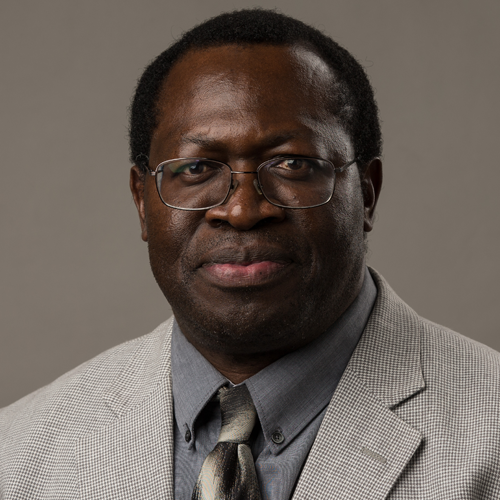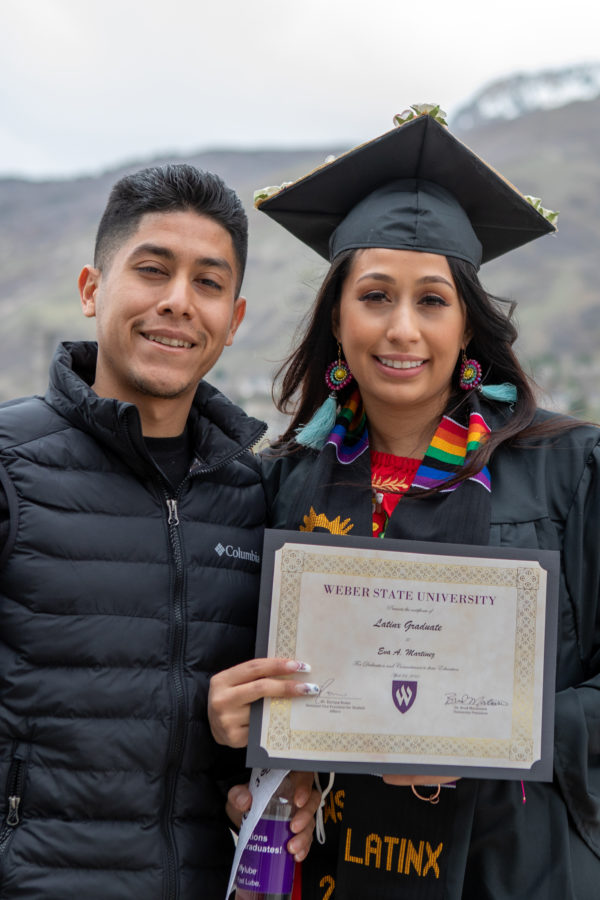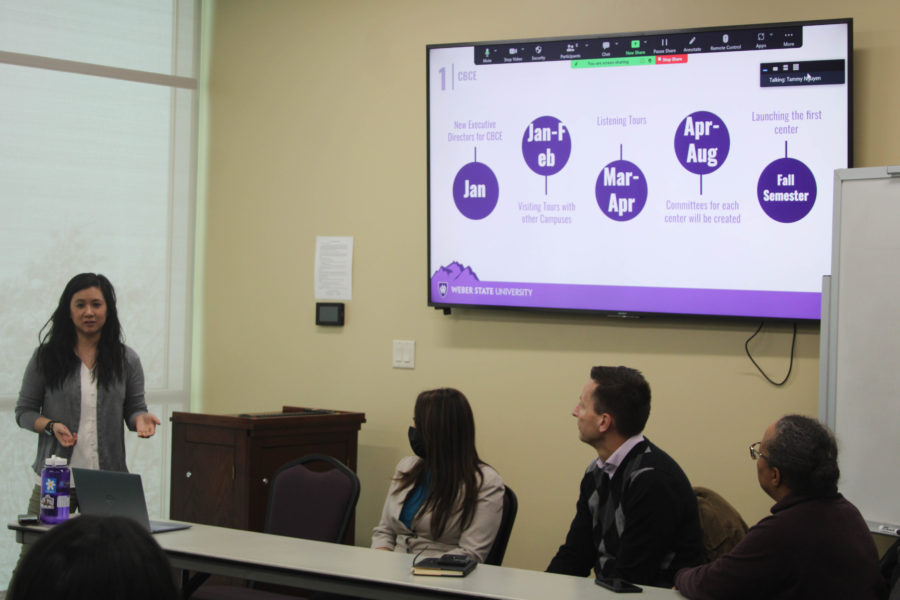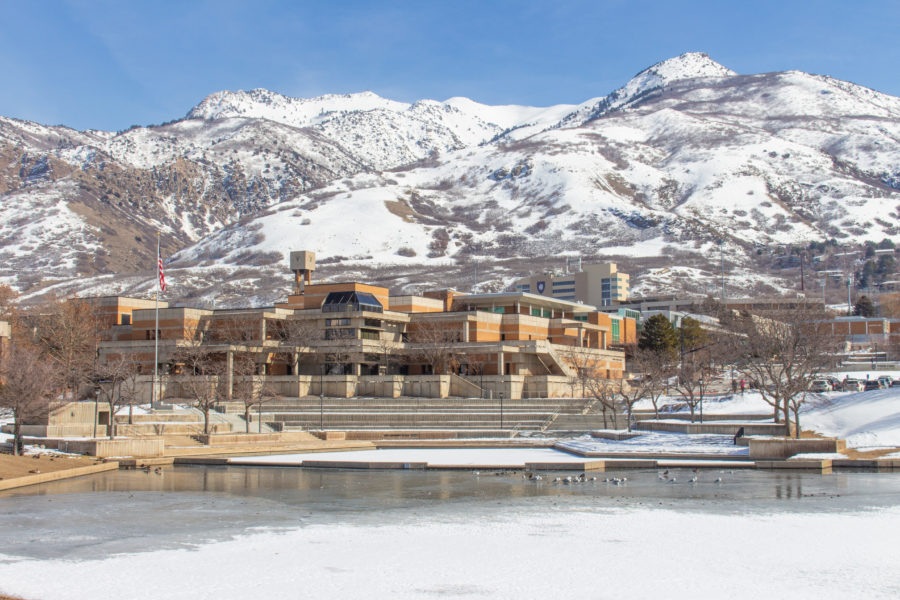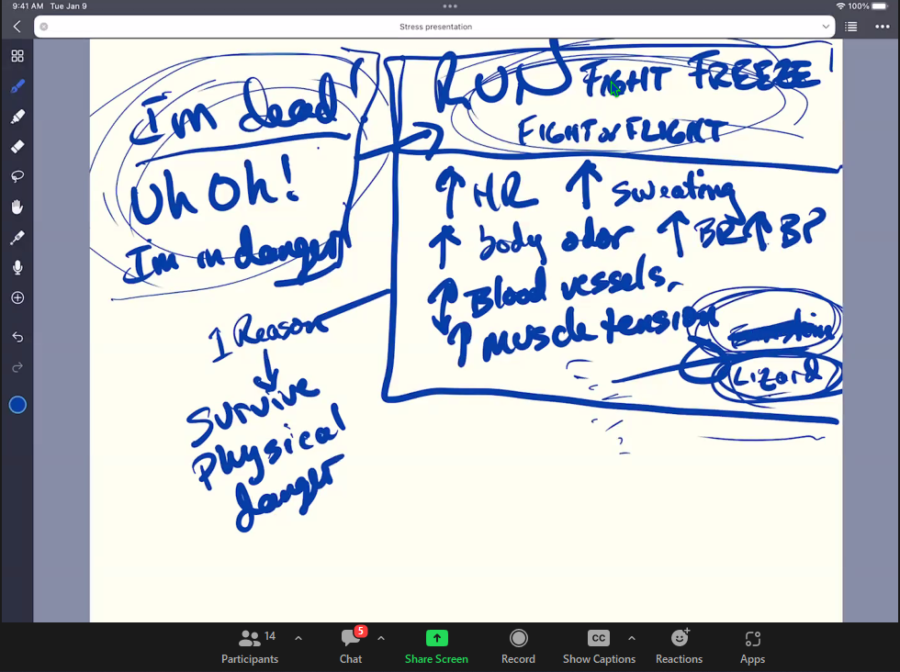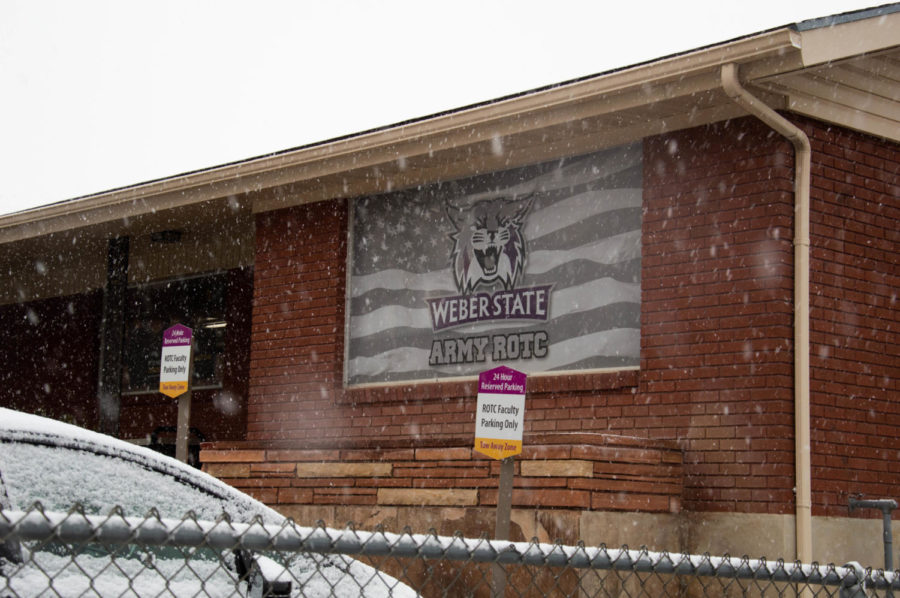
Getting a bachelor’s degree is hard work. WSU graduate Joshua Behn took it to the next level by taking his studies abroad, spending four months in Northern Ireland to complete his senior capstone project.
Behn recently graduated from Weber State University with a Bachelor of Integrated Studies, a new program that allows students to build their own curriculum.
Behn’s interest lies in peace and conflict in the world, so he built his coursework around three departments: history, political science and social work.
“It’s not a really common combination, but I thought they were the three that helped the major,” Behn said.
Now he can look at peace and conflict in the world and see it from three distinct perspectives.
Behn, who now studies peace and justice at the graduate level at the University of San Diego, decided to apply his studies in the field for his senior capstone project, bringing to light the experiences of gay men in Northern Ireland.
Behn’s research focused on experiences between 1969 and 1998, three decades in Northern Irish history known as “The Troubles.”
During that time, violence was commonplace in Northern Ireland and lines were usually drawn between Catholics who wanted to join the Republic of Ireland and Protestants who wanted to stay a part of the United Kingdom.
“Ireland has always had a very contested history,” Behn said, referencing centuries of conflict and social struggles on Irish soil since the beginning of recorded history.
As a gay man himself, Behn wanted to see if there was a connection between sexuality and conflict, and if sexuality develops differently in that kind of environment.
Behn’s project, “Voices Amidst Conflict: Gay Men in Northern Ireland,” centers on 48 Northern Irish males of all ages that self-identified as gay.
Behn interviewed them, seeking their stories on coming out as gay during or after the conflict and how it led to where they are now.
“We had about equal parts that grew up from the Catholic background, and equal parts that grew up in the Protestant tradition,” Behn said, remarking on the diversity of the people he interviewed. “They came from pretty much all over the country.”
Behn also got to know the gay community there and immersed himself in the culture.
“Really I wanted to get a strong sense of the culture, of the various nuances that you really only can get really among the people,” Behn said.
Behn found the LGBT community in Northern Ireland is one of the few organizations with no religious or sectarian affiliation, something very unique in that country.
“It doesn’t matter if you’re Protestant, it doesn’t matter if you’re Catholic,” Behn said of the community. “You’re kind of a comrade in a common struggle for equal recognition within the society.”
For the months he was there, Behn was an intern with The Rainbow Project, a health organization aimed at helping LGBT individuals in Northern Ireland. He spent about 14 hours a week helping the organization in addition to his own research.
He found one of the hardest parts in his time there was trying to understand all the different accents, of which there are many.
“Within five miles, the accent dramatically changes,” Behn said.
Another problem came in the length of his interviews. At first Behn figured one hour would be enough, but many participants took over two hours to tell their story, causing Behn to rethink his schedule.
In the end, Behn gathered these interviews and compared them with a control group of five gay men who grew up LDS in peaceful, predominantly LDS, communities.
He found that sectarian conflict really doesn’t influence sexual identity one way or another.
“A lot of the problems these individuals had seemed to be more products of the conservative environment they were raised in, as opposed to being caused by a war-torn country,” Behn said. “If you compare them to coming out stories of Mormons, it seems a lot of them were very similar.”
He said his work is still groundbreaking and hopefully will lead to more research on that topic in the future. The interviews he collected are a vast resource that will become available to future students at Weber State.
Even in San Diego, Behn still remembered moments in Northern Ireland when he walked along the river into the city, surrounded by beautiful Irish country on all sides.
“It just gave you time to reflect and think,” Behn said. “I loved it all, but those areas were really where I came to a lot of insights not only about myself but this country and the people I was talking with.”



